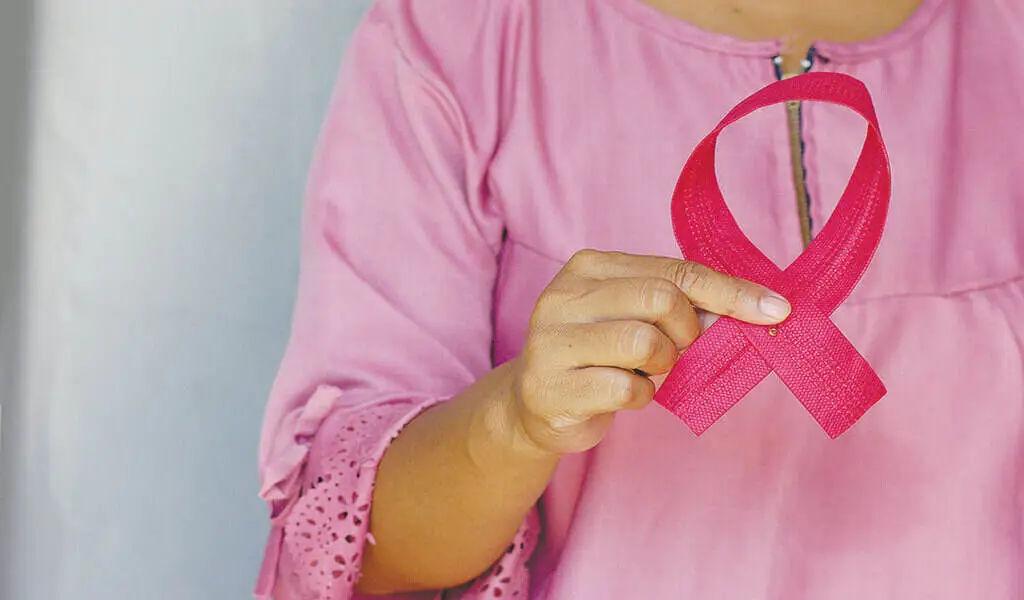Health
PHL’s Breast And Cervical Cancer Control: Opportunities For Improvement

(CTN News) – In 2020, breast cancer surpassed lung cancer as the most common new cancer diagnosis, and cervical cancer, the second most common cancer among women, is on the rise. There’s a lot of breast cancer and cervical cancer in the Philippines.
With Roche’s support, the APAC Women’s Cancer Coalition commissioned The Economist Impact to examine the current disease burden and the quality of policies and programs in six countries to improve breast and cervical cancer outcomes.
The comprehensive report is called “Impact and opportunity: investing in women’s cancers in Asia Pacific.”
Using evidence review, advisory board interviews, and expert interviews, The Economist Impact developed a benchmarking scorecard to guide stakeholders in assessing their performance against peers and prioritizing key improvements.
A total of five domains are assessed: policy and planning, prevention and screening, diagnosis and resource capacity, treatment and access, and awareness and education.
Two Filipino women who are respected leaders in cancer care were part of the advisory board. Ingrid Magnata is the country program manager of Jhpiego, an international, non-profit health organization affiliated with The Johns Hopkins University dedicated to improving the health of women and families. They are Dr. Corazon Ngelangel, president of the Philippine Cancer Society.
The Philippines scored moderately high in prevention and screening, as well as awareness and education. Along with their partners, the government spearheads these campaigns to prevent, screen, and raise awareness about the disease.
Our country scored moderately low in policy and planning, treatment and access, and diagnosis and resource capacity.
There are a lot of opportunities for improvement in the Philippines. One of them is to introduce a national elimination plan for cervical cancer and a breast cancer strategy in line with WHO ambitions and targets.
Inter-governmental agency coordination can be operationalized through a national steering committee.
National population-based and accessible digital registries for cancer, including for breast and cervical cancer, should be implemented to monitor and evaluate programs on cancer prevention, detection, and control.
Cancer-specific registries which also track women’s history of immunization and screening will also be critical for ensuring that coverage is met, to improve follow-up, to help study the burden, and to capture data which would improve programs and services.
Organized population-based national screening programs for breast and cervical cancer in line with WHO recommendations should also be rolled out.
Moreover, the Philippines should transition away from using visual inspection under acetic acid (VIA) and instead adopt HPV DNA testing as the primary cervical cancer screening tool in all settings.
HPV self-sampling, especially for women living in rural or hard-to-reach areas, should likewise be introduced. Meanwhile, mammography for high-risk women should be included in the national screening program to facilitate early diagnosis of breast cancer.
Investments in the country’s infrastructure such as external beam radiotherapy machines, mammograms, and MRI scanners as well as workforce capacity, including those for radiologists and surgeons, should be made.
The number of cancer specialists in the country should be increased and their equity in distribution improved to ensure universal access to cancer care.
It is also essential to increase and expand access to therapies. By expanding access under Universal Health Care (UHC), the National Integrated Cancer Control Act (NICCA) will reduce the financial burden on cancer patients. Alternative funding mechanisms beyond national health spending should be identified to sustain UHC.
These include grants and targeted funding by global donors, development agencies, and multilateral banks.
SEE ALSO:
Do You Experience Itching Regularly? Here the Top 7 Possible Causes
Scientists Finally Uncover The Y Chromosome’s Code: Shedding Light On Its Hidden Secrets
An Outbreak Of Legionnaires’ Disease In Poland Has Resulted In 5 Deaths


























